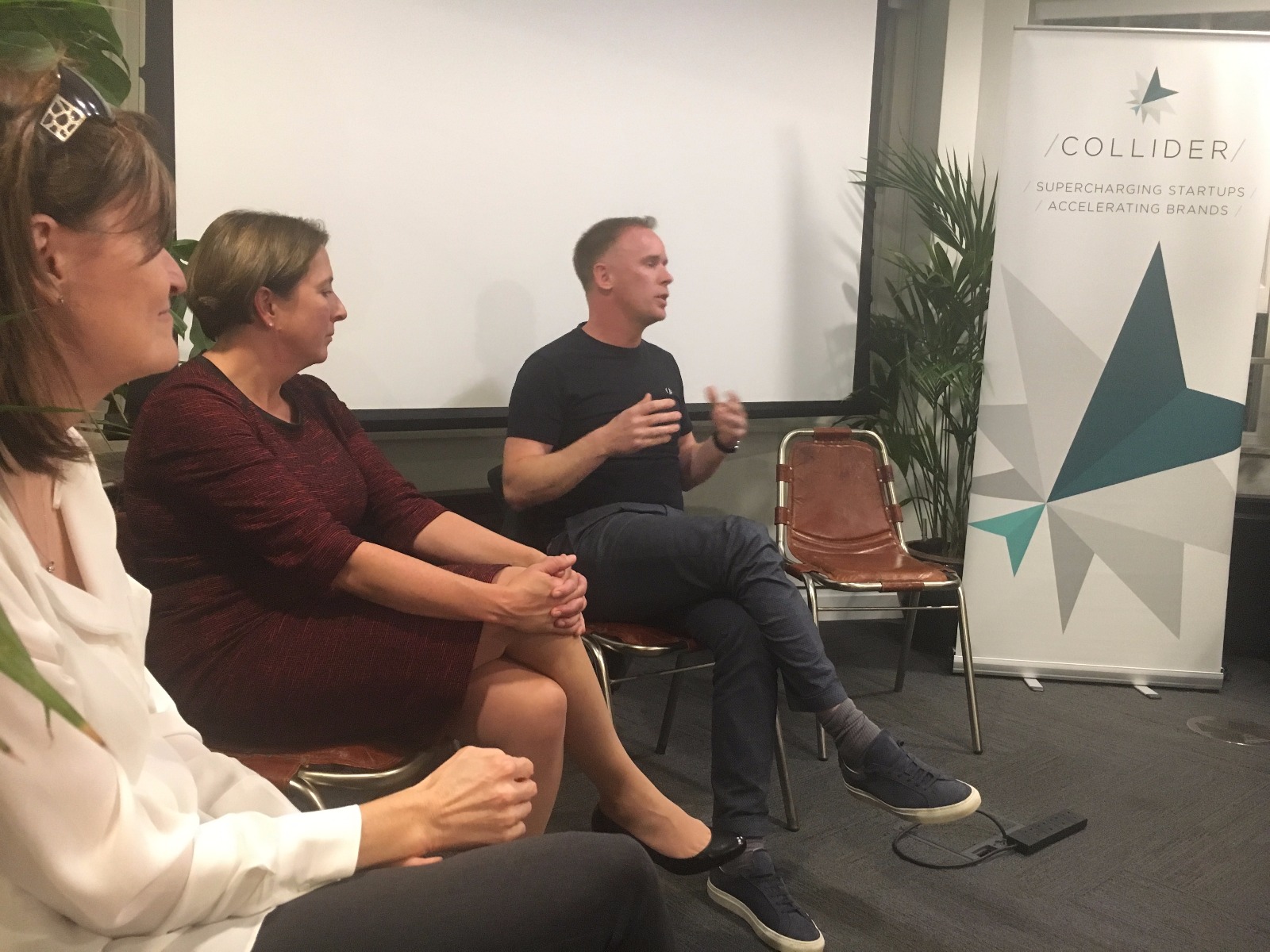Hear the startups participating in Collider’s first Startup Booster Programme. We’re taking you behind the scenes.
Who are you and what do you do?
Cablato is redefining digital media by bringing hyper-personalised creative to programmatic advertising. Our programmatic-creative ad-serving platform is the first of its kind to combine leading-edge data management and cross device, dynamic ad serving. The result is an exceptional personalised customer experience throughout the customer journey, with every individual receiving a uniquely personalised ad in less than 5 milliseconds. Convenience and simplicity forms the basis of our proprietary technology. Built in the cloud, our platform simplifies creating and managing personalised advertising campaigns across any device, at scale, accelerating results up to 10 times. Our data platform is the easiest and most compliant way for advertisers to on-board customer, enterprise, first and third party data for digital advertising. Our integrated recommendation engine analyses multiple data sources, deciding on the perfect combination of creative, price, offer and CTA for each consumer in under a second. Integrated with major mobile and web ad trading platforms (DSPs), Cablato enables advertisers to gain all the benefits of personalised advertising while still retaining full control of campaigns and media spend using their existing technologies. Not surprisingly, Cablato is quickly gaining traction with campaigns going live for major advertisers in the USA, Europe, Asia and Australasia and partnership agreements being set up with Oracle and Acxiom.
Who are your co-founders & give us one line about each of you.
Adrian Pearmund is a digital business specialist with in depth knowledge in Programmatic Advertising, Data, Technology, Digital Media and Mobile Alex Vernikov is Cablato’s CTO, technology architect and chief engineer.
Where in the world are you from and what drew you to London?
Adrian is from London and Alex is from Amsterdam. Outside of the US, London is the hub for media, data and programmatic and offers the biggest market opportunity.
What excites you most about London (one startup point and one non-startup point!)?
London is a vibrant, exciting city. Being in London, we’re fortunate to be at the centre of media and tech innovation, have access to great talent and global clients.
Explain why your company is a MadTech company, and how you plan to disrupt the larger ecosystem.
Cablato is at the forefront of media technology and innovation. We are the industry's first true programmatic-creative ad-serving platform that combines leading edge data management and cross device ad-serving to deliver exceptional personalised customer experiences throughout the buyer journey. The platform enables brands and agencies to seamlessly on-board and use data for creative personalisation and optimisation, generate dynamic ads based on both owned and purchased data, including customer CRM, enterprise data such as pricing and availability, third party data, contextual data and behavioural data – in real-time. By connecting and actioning multiple data sources in realtime, accuracy and relevancy of creative is improved whilst ad-serving latency is keep to a minimal. This is not going to be possible in set-ups which connect independent data sources and ad-servers, where latency could be issue, learning feedback loops don’t exist and sets-ups are manual, complex and require manual optimisation. Cablato will also pass back segment IDs to the DSP assisting with optimisation and performance, another unique feature. Typical ad serving and dynamic content features are covered by standard in the platform, but it’s our ability to use broad historical and real-time data for personalisation, combined with the capabilities of our platform that we believe makes Cablato unbeaten.
What is one challenge you have had to overcome since beginning your journey?
As with all new technology, it can be complex to explain simply, especially to individuals outside of the media and programmatic media industries. As the concept of programmatic creative has gained more traction, this challenge has become easier
Tell us about where you think Collider can add the most value to you over the next four months
Collider has an unparalleled reputation for supporting and accelerating the growth and advertising technologies companies. Being part of the Collider family, we look forward to gaining business support, access to prospective clients and investors.
What advice would you give to founders who are applying to Collider
Clarify your business proposition, it’s value, the need in the market and opportunity. Work on your financial model, understand SaaS business models, MRR etc. Get some traction Persevere!












